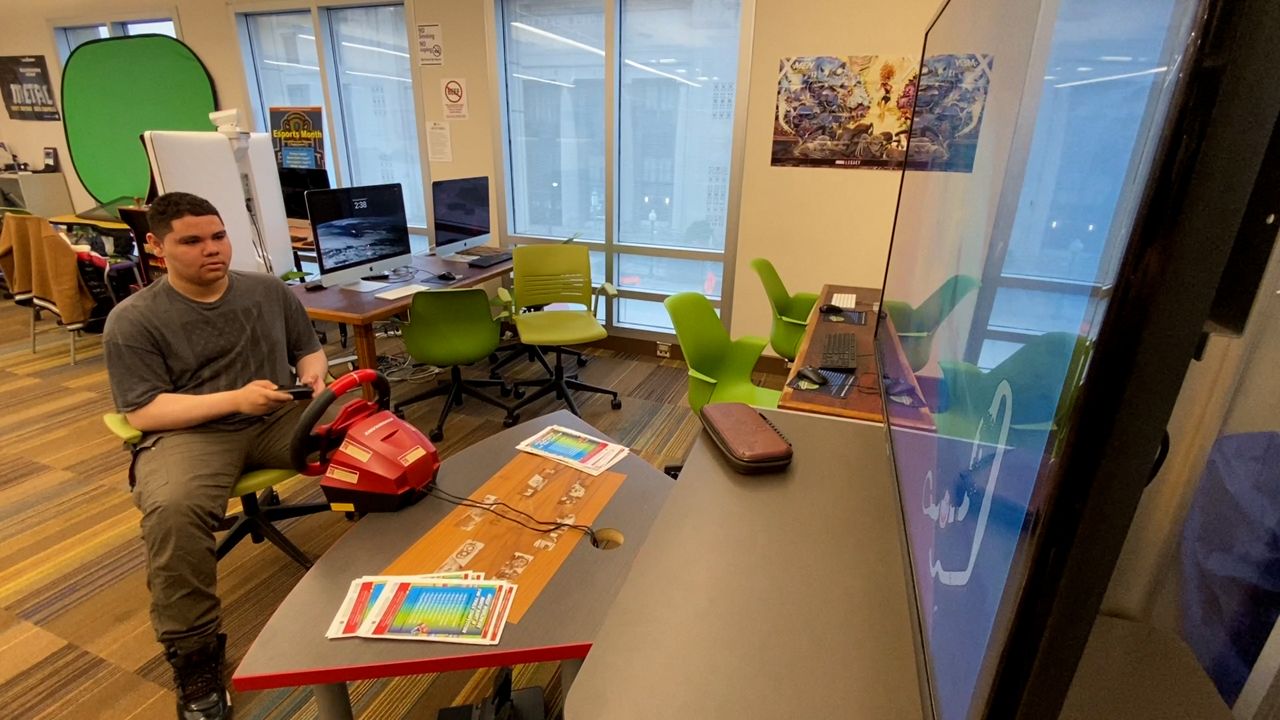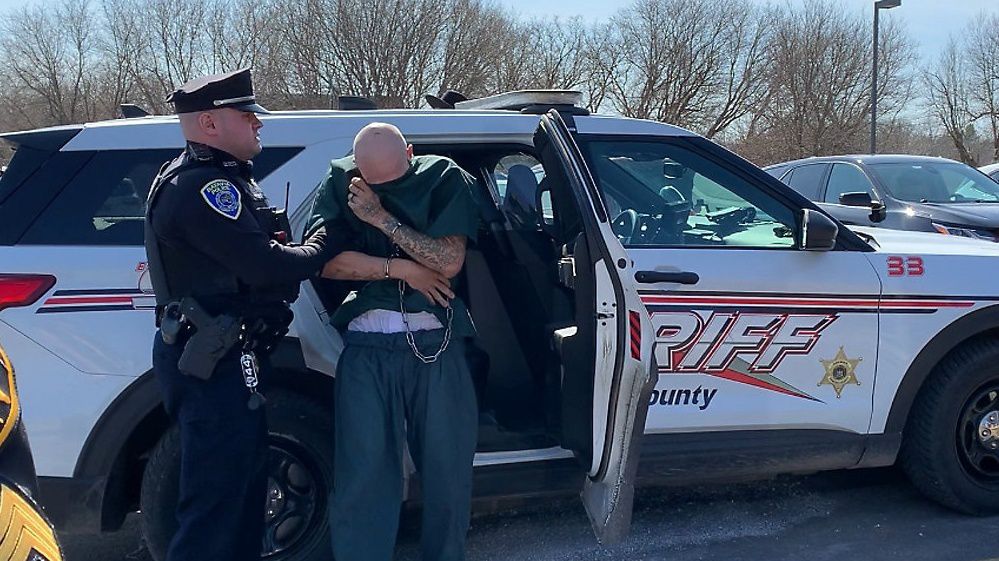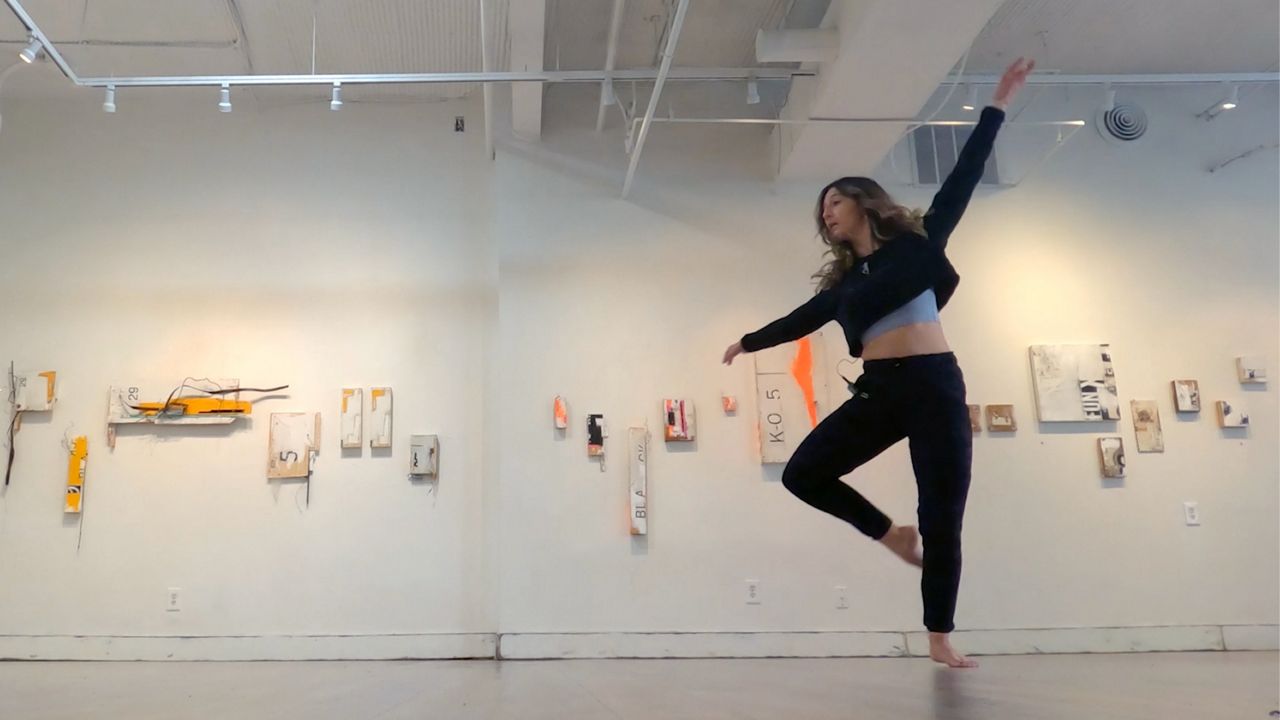ROCHESTER, N.Y. — In many urban neighborhoods, a pervasive "no-snitch" culture often prevails, creating barriers to reporting crimes and cooperating with law enforcement. This culture stems from a complex interplay of factors, including distrust of authorities, fear of retaliation and a sense of loyalty to one's community or social circle.
Crime in urban areas poses major challenges for residents. Reporting incidents to the police is often seen as "snitching," affecting safety and quality of life. Many young men growing up in urban neighborhoods are familiar with the no-snitch culture, especially in their age group which is continuously plagued by gun violence.
"Let's say that's one of my friends or something. I go like, 'yeah, he did that.' That puts me in a position where my best friend going to jail for something he did. But at the same time, he has to take responsibility for his actions," 16-year-old Railey Burks said.
"People may say you are a snitch, you know the consequences of doing the actions that you do," 17-year-old Ja'ki Burgess said.
"It's depending on what happened. He got a gun right there shooting somebody. I'm going to keep walking. I'm not going to stop to try to save you. He got a gun, I don't," 14-year-old Revelation Murray said.
In neighborhoods with few resources, community cooperation is crucial for law enforcement to tackle crime and maintain public safety, especially in the most violent areas.
"The no-snitch culture, it's a tough one because we're not there for most crimes as they're committed. And it's that working together is what ultimately helps us respond to the crime and respond to a person that needs assistance, but also helps us towards solving those crimes," said Lt. Greg Bello from the Rochester Police Department.
Despite efforts to bridge the gap between law enforcement and the community, it ultimately comes down to trust.
"I want my neighborhood to be safe," Ja'ki Burgess added.
"If we had a good neighborhood cop to just come and build a relationship with the kids, that would be so much better for everyone in the environment. I can come to that cop if I ever feel comfortable talking to him because he built a relationship with me and I feel comfortable talking to him," Railey Burks added.
The sentiment of 14-year-old Revelation Murray is much different.
"They really can't do anything so the police getting into it makes it worse," Revelation Murray expressed.
"We have a community Affairs Bureau that's going to different community events throughout the city. Our officers are getting out of their cars, walking beats and talking to people out in the community. That's ultimately what it does in relationships. People are going to give me information if they don't trust me, Lt. Bello added.
However, when officers leave these neighborhoods, these young men often feel helpless.
"You got to watch your back," Revelation Murray added.










